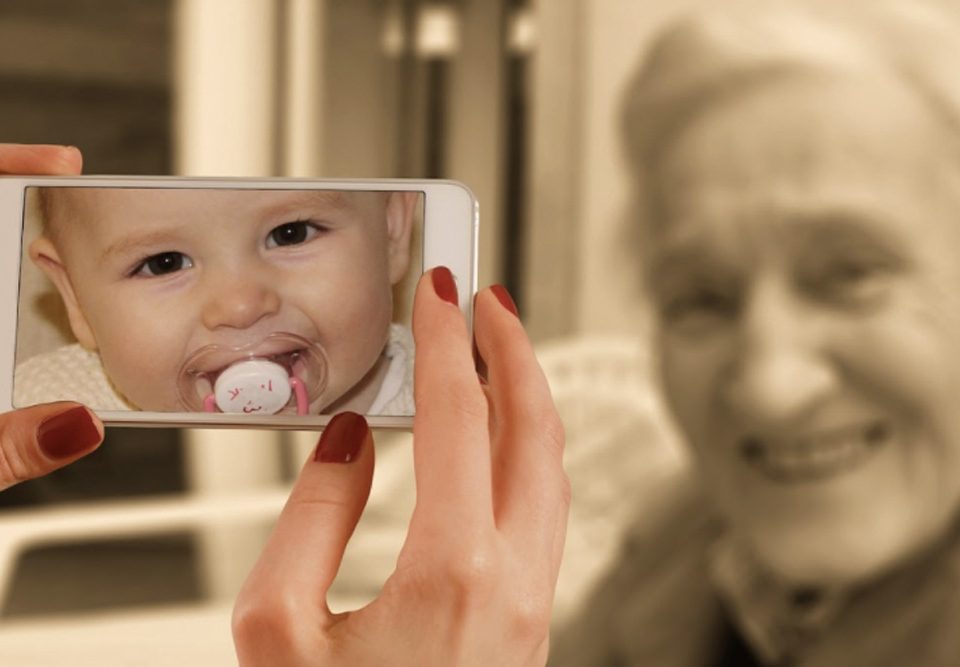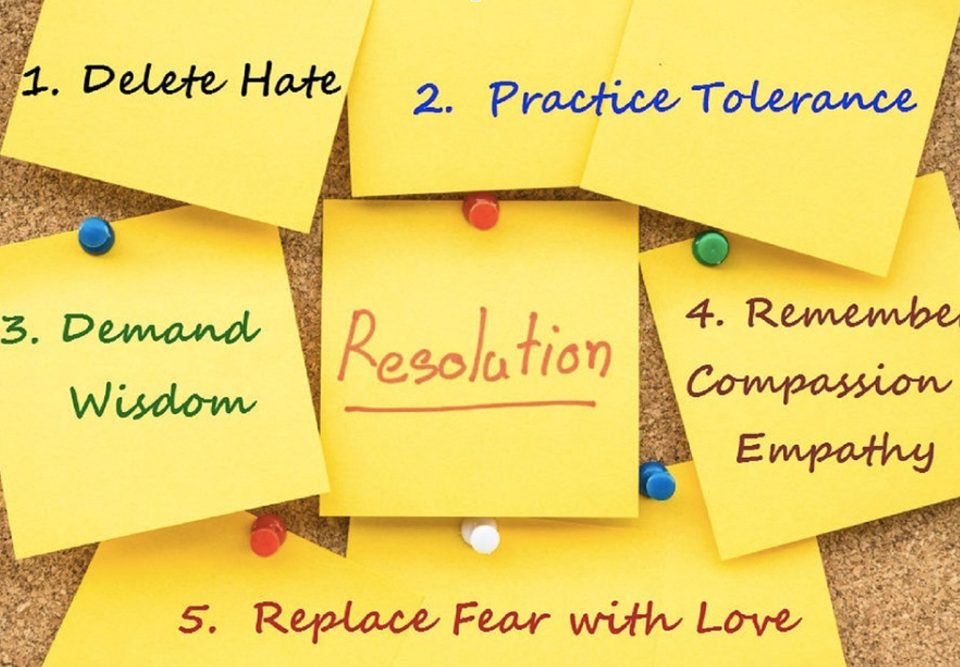Stopping smoking is not just personal. It’s also a political act.
Discover Life Beyond the Screen!
April 17, 2012Habits & Cancer: Are You Too Fast With Food?
April 23, 2012Walking in the Question: How do you manage your own personal habits in a way that is life affirming rather than self-destructive, not just in your own life, but in the wider world?
by Michael Anne Conley, LMFT
We all have habits, right?
Some habits are innocuous. Who cares if you brush your teeth before you wash your face — or the other way around. No problem.
On the other end of the continuum are personal habits that everyone has a stake in whether they know it or not — because what we do in our own lives creates problems not just for the people we know, but also for people we’ll never meet. Let’s take the topic for this week’s Habits Into Health podcast: Smoking, which is one of three lifestyle habits that increases the risk of cancer.
Yes, each person who smokes risks his or her own quality and length of life, and the jury is also out on the effect of second-hand smoke for people who are around the smoker. But not enough is said about the role that everyone — smokers and non-smokers alike — plays on the public policy level that perpetuates the behavior of smoking!
I kicked off the current series of podcasts about lifestyle habits and cancer after seeing a March, 2012, report of a study by public health researchers at the Washington University Siteman Cancer Center in St. Louis, Missouri. The researchers, led by Dr. Graham Colditz, didn’t stop at personal habit change. They’ve also identified structural changes we need to make as a society.
“Beyond individual habits,” says the release about the study, Colditz and his team “argue that the structure of society itself — from medical research funding to building design and food subsidies — influences the extent of the cancer burden and can be changed to reduce it.”
This includes our public habit of spending more time and money on cleaning up messes after the fact rather than reducing the possibility of damage in the first place. Cancer research funding, for example, goes for short-term goals, which means there is more focus on treatment and not enough on prevention.
When it coming to smoking, the group at Siteman also critiques public policies about tobacco that don’t go far enough to “discourage unhealthy behavior,” and even make it harder for people, especially those who live in low-income areas, to make healthy individual choices.”
What, you say? Aren’t people in charge of their own lives?
Yes, but a new book from Stanford historian Robert Proctor, says not so fast. The May/June 2012 issue of Mother Jones magazine reports on his book Golden Holocaust, a 10-year project to uncover details from tobacco industry documents about the deliberation of people in tobacco companies who marketed “the most lethal product on the planet.”
And there’s more. Non-tobacco additives, particularly various sweeteners, make cigarette smoke easier to inhale, which increases their chances of hooking you. Or little known information that cigarettes contain antifreeze.
Some reviews of Golden Holocaust acknowledge its predecessors, because other books have outlined this information before. However, this compendium brings various research together in a way that is called a thorough “indictment” of the tobacco industry.
So, yes, take personal responsibility for your own habit. Only you can do that — and everyone you encounter in your daily life will thank you for personal reasons. But also know, as you do this, that you are not just healing yourself. You are acting in support of every breathing being on this planet.
You can refuse to be held hostage by those who do not have your health and your life in mind. When you stop smoking, it is a political act.
Walking in the question is a process that I use to step back from what I THINK I know to let a deeper level of knowing emerge. The personal and collective issue of nicotine addiction — and many other addictive habits as well — invites each of us to walk in the question:
How can you manage your own personal habits in a way that is life affirming rather than self-destructive, not just in your own life, but in the wider world?
~ ~ ~
And what do I know? Less than I used to — and before I was a marriage and family therapist with a passion for helping people deal with alcoholism and addiction and all kinds of other problem habits, I was a journalist with a passion for changing the world. I experience the meeting places of the personal and collective as rich stews worthy of exploration — and sometime I’ll weigh in on that level here. As we change ourselves, so we change the world.
Your respectful and thoughtful comments are welcome.



